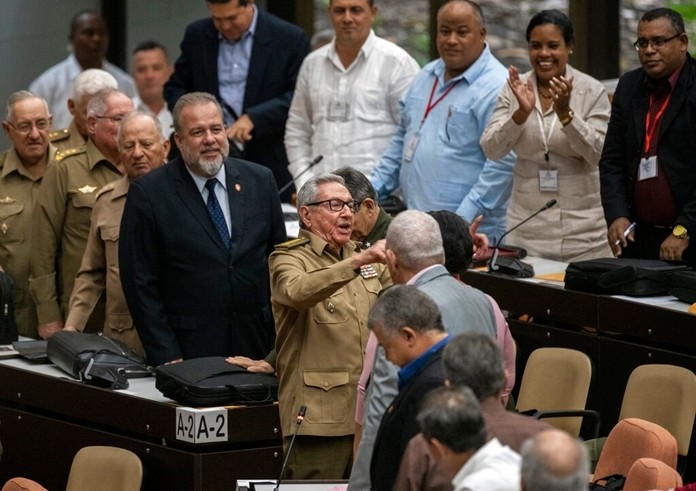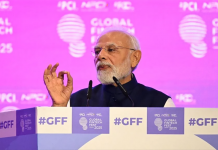
HAVANA (AP) — Cuban President Miguel Diaz-Canel on Saturday named Tourism Minister Manuel Marrero Cruz as the country’s first prime minister since 1976 — a nomination quickly confirmed by the country’s parliament.
Marrero, 56, has been tourism minister for 16 years, presiding over a rise in visitors and a hotel construction boom that has made tourism one of the most important sectors of the Cuban economy.
Diaz-Canel cited Marrero’s experience in negotiating with foreign investors as one of his prime qualifications, according to state media.
The position of prime minister was held by Fidel Castro from 1959 to 1976, when a new constitution changed his title to president and eliminated the post of prime minister.
Castro and his brother Raúl held the presidential post along with Cuba’s other highest positions, like Communist Party leader, until this year, when Raúl Castro stepped down as president and a new constitution divided the president’s responsibilities between Castro’s successor, Miguel Diaz-Canel, and the new post of prime minister.
The new constitution envisions the prime minister as responsible for the daily operations of government as head of the Council of Ministers.
The prime minister has a five-year term and is nominated by Diaz-Canel and approved by the National Assembly, which unanimously approves every proposal put before it, with one known exception in recent history.
Marrero Cruz was named to his former post by Fidel Castro and saw tourism grow to one of the country’s largest earners of hard currency, alongside nickel mining and the dispatch of doctors and other professionals on government contracts overseas. Cuba welcomed 4.3 million tourists this year, fewer than hoped for but more than double the 2 million who arrived the year Marrero Cruz was named tourism minister.
In recent years Marrero Cruz has worked closely with Gaesa, the military-linked conglomerate that dominates tourism and many of the island’s other key sectors, including import/export and retail sales. Even as demand has slackened and Cuba’s economy has stalled, Gaesa and contractors like French construction firm Bouygues have been rapidly building thousands of new hotel rooms, most destined to be managed by Spanish hospitality companies and other foreign partners.
Arturo López-Levy, a Cuba expert at Holy Names University in California, said Marrero Cruz had proven himself an agile builder of consensus among Cuba’s most powerful forces.
“His work until now has been to build coalitions, to win agreement among the Communist Party, the armed forces and the government in the implementation of projects,” López-Levy said.
 |
 |
 |





